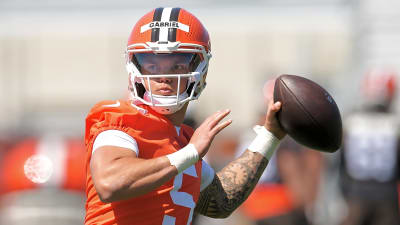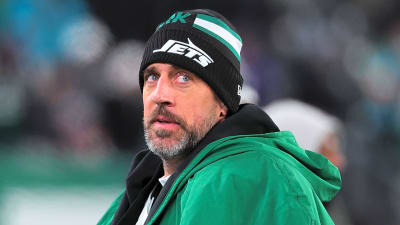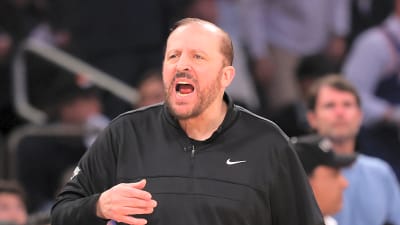
Welcome to the world of NFL math, where large numbers are being dished out to players, and teams work through financial gymnastics to get through it. No team has been better at this than the Philadelphia Eagles.
Over the last few years, the Eagles have been successful in signing players to lucrative contracts, but have subsequently restructured them to create more cap space for signing other players. It has been a common practice in Philadelphia that has even led the NFL to investigate how to stop it, making it fair across all NFL teams, even though anyone can do it.
With June 1 past, Eagles fans learned more about the consequences of the team's spending spree over the last few years. The number might be high and look bad, but Eagles fans shouldn't panic. Eagles general manager Howie Roseman has it covered.
The salary cap news Eagles fans have dreaded seeing, but it's not as bad as they think
Let's start with the good news. More cap space became available for the Eagles after June 1, as the team now has $27 million to spend. All NFL teams experience more cap space after the designated June 1 date. The Eagles can thank Bryce Huff for the extra $15 million after he was traded to the San Francisco 49ers last week.
Here's the bad news: the Eagles have a lot of dead money. In fact, they have the third highest amount in the NFL with $67 million.
NFL Dead Money Leaders following post June 1 transactions. Retirements are not yet official and not included yet. pic.twitter.com/2mnMbI7T5K
— Jason_OTC (@Jason_OTC) June 2, 2025
So, what is dead money? Eagles Wire managing editor Glenn Erby shared the definition to help fans understand.
"A dead money charge is a charge on an NFL team's salary cap for a player no longer on the roster. It represents any remaining signing bonus proration that was not accounted for before the player's release or trade. It is not a cash payment but rather a cap charge resulting from the rule that allows teams to prorate a signing bonus evenly over as many as five years. If a player is released before the end of those five years, all remaining signing bonus proration accelerates onto the team's salary cap for the current year."
Several players who are no longer on the team are accounting for the majority of their dead money.
- Jason Kelce: $16.4 million
- Josh Sweat: $16.4 million
- Fletcher Cox: $10.1 million
- C.J. Gardner-Johnson: $4.6 million
- Mekhi Becton: $3.4 million
- Zack Baun: $1.9 million
- Devin White: $1.9 million
- Dylan McMahon: $139,000
This all looks bad, but the Eagles have been masters at working the cap to their advantage. What they have essentially done is push out the money into the future and put it on the "credit card" of sorts. They will pay for it throughout the years, but it will help them with instant relief on their salary cap.
What has helped the Eagles in using this approach is that they can go for the home run hits each year, but Roseman's draft success has helped offset it. The organization can pay the price of high-priced players who are gone, but it still has a high talent level thanks to the success of its scouting department.
The moral of the story is the Eagles could be taking some hits in the dead money department, but this is all by design. This formula of pushing money out to pay later has helped the franchise win Super Bowls, so Philadelphia will continue to do what they are best at: working the system to their favor and winning titles.
More must-reads:
- Pros, cons of Steelers embarking on the Aaron Rodgers experience
- Browns confirm Dillon Gabriel news amid QB competition
- The 'NBA assist champions since 1976-77' quiz
Breaking News
Trending News
Customize Your Newsletter
 +
+
Get the latest news and rumors, customized to your favorite sports and teams. Emailed daily. Always free!







